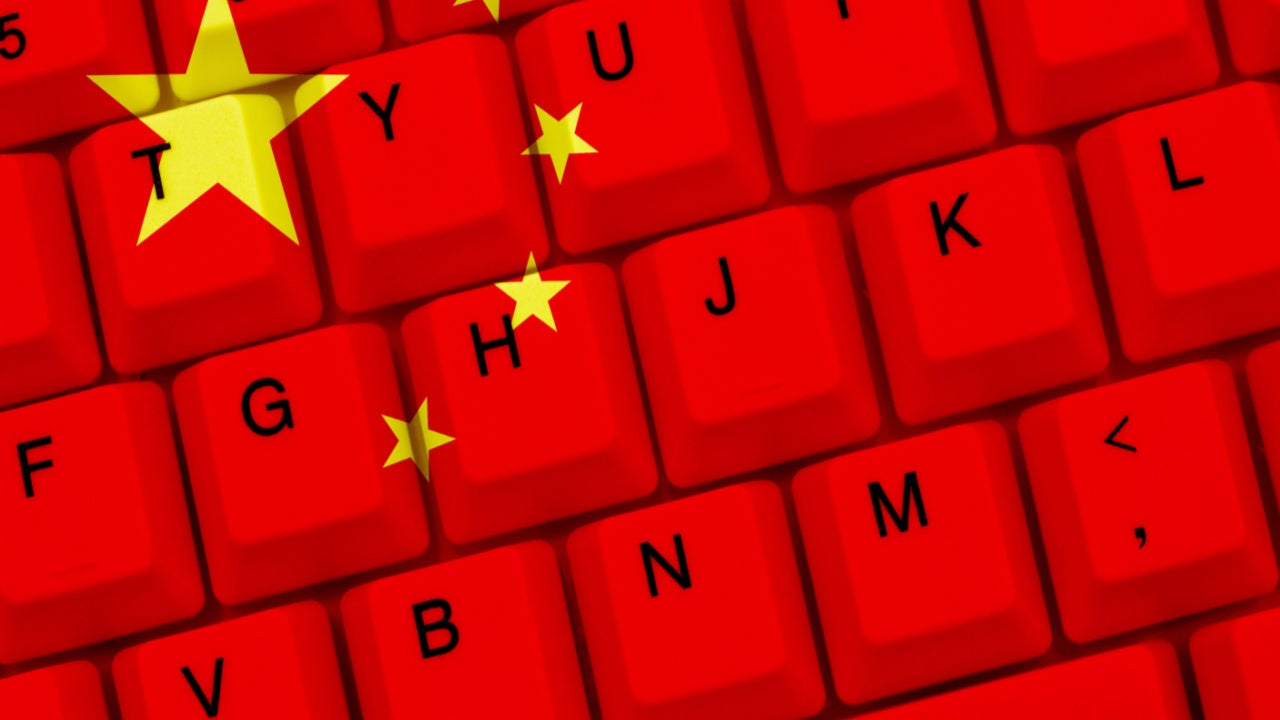
Listed below are the key regulatory trends impacting the splinternet theme, as identified by GlobalData.
The costs of internet fragmentation are both economic and social. Digital fences across jurisdictions risk creating barriers for companies with global operations. Divergent regulation and compliance requirements create entry barriers for businesses. The divide between techno-ideological blocks adds to economic uncertainty and increases the threat to cybersecurity and supply chains. Most countries moving towards a restrictive internet model are emerging economies. However, digital authoritarianism does not only affect autocracies. Liberal democracies are also sources of technologies enabling digital surveillance and repression.
China Standards 2035
In October 2021, China unveiled a plan to overhaul a vast array of technical standards to complement the Made in China 2025 industrial modernisation strategy. In the past, US and European companies and experts dominated standards development. But with this ambitious 15-year blueprint, Beijing is pushing domestic companies and experts to be part of the efforts to set global standards for next-generation technologies. The reform process, nicknamed China Standards 2035 and led by the Standardisation Administration of China, aims to provide a greater role for industry actors in this process.
EU standardisation strategy
The EU’s new strategy on standardisation, presented by the European Commission in February 2022, aims to bolster the bloc’s influence on global standards for cutting-edge and green technology. Brussels is pushing for a more assertive role in technology standardisation in the face of US market dominance and China’s growing influence in key technology standards-setting bodies. As part of the plan, European officials will work alongside US authorities on a new monitoring system on emerging standards, an attempt to take a unified position on tech rulemaking.
The Trade and Technology Council—the transatlantic body established in 2021 to coordinate approaches to global technology, economic, and trade issues—will detail how this cooperation will work. The EU and US also plan to use joint resources to ensure start-ups are aware of the coming standards while relying on experts to foresee future tech developments.
See Also:
Splinternet: Russia’s Sovereign Internet Law
For years, Russia has been a country fully wired to the rest of the digital world. According to the World Bank, 85% of Russians used the internet in 2020. However, the Kremlin has been progressively disentangling Russia from the global internet, fearing the loss of political control. The mass protests of 2011 against electoral fraud were a watershed moment in this respect, with the threat of colour revolutions becoming a recurring theme among the Russian political elite.
How well do you really know your competitors?
Access the most comprehensive Company Profiles on the market, powered by GlobalData. Save hours of research. Gain competitive edge.

Thank you!
Your download email will arrive shortly
Not ready to buy yet? Download a free sample
We are confident about the unique quality of our Company Profiles. However, we want you to make the most beneficial decision for your business, so we offer a free sample that you can download by submitting the below form
By GlobalDataThe Sovereign Internet Law, signed by President Putin in 2019, is the cornerstone of a strategy to establish control over the country’s internet traffic. It is a framework for an on/off switch that would allow Russia to remove itself from the global internet in case of a cyberattack.
Officially, the move responds to what Moscow called the “aggressive nature” of the US national cybersecurity strategy. But critics see this as part of a design to tighten controls over domestic information flows online. The law instructs all service providers to channel traffic through filters controlled by the Kremlin’s digital censor Roskomnadzor. The war in Ukraine will further isolate the Russian internet as the government blocks more foreign services, such as Instagram and TikTok.
Splinternet: Big Tech and obstruction of justice
Non-democratic and democratic regimes are moving towards increased surveillance in their own versions of the internet, though to different extents. China’s New IP proposal is the most radical attempt, contemplating a system of centralised rule and absolute control over the internet. But Western governments are also investigating the possibility of exerting more influence online, often in the name of national security.
Regulators and policymakers are concerned that tech companies are obstructing justice by using data privacy as a pretext to block federal agencies from accessing critical evidence held on technology platforms.
The US, UK, and Europe are debating the possibility of introducing more regulatory power in this sphere and giving intelligence agencies greater access to users’ personal data. Following terrorist attacks in the US and Europe in 2015 and 2016, national enforcement authorities identified encryption as a critical threat and serious impediment to the investigation and prosecution of criminal activity.
This is an edited extract from the Splinternet – Thematic Research report produced by GlobalData Thematic Research.






